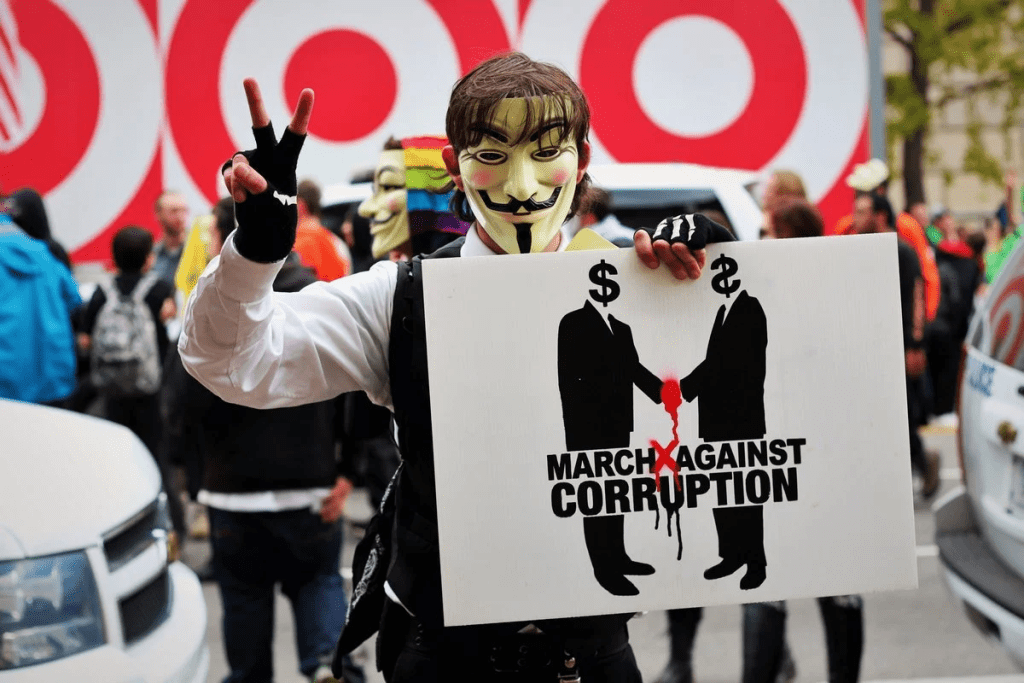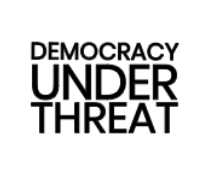In 15 years of strengthening local democracy worldwide, The Hague Academy has seen many encouraging initiatives to promote democracy in different parts of the world. Unfortunately, we also know of countries where authoritarian leaders are strengthening their grip, intimidating opponents, restricting press freedom and silencing public debate. Moreover, in established democracies, we see democracy threatened by the growing influence of populists, criminal networks and disinformation combined with popular unrest and discontent. The Dutch coalition ‘Democracy under Threat’ organises a series of events about challenges and opportunities for democracy, leading up to the International Summit for Democracy on the 29th and 30th of March.

Source: Vincent M.A. Janssen on Pexels.com
The events in The Netherlands will collect input for the international Partners for Democracy Day on the 27th of March. They will discuss issues such as strengthening ownership of local communities, increasing youth participation, supporting democracy activists and creating a special fund for the promotion of democracy. The Hague Academy supports the global democracy debate by organising an alumni dialogue and a panel discussion about local democracy challenges on the 23rd of March.
Democracy threats
In our vision, a strong democracy consists of governments and citizens working together to improve public services, develop a just and sustainable economy and promote peaceful communities. Unfortunately, in many parts of the world, democracy is still weak or even backsliding. We know the examples of authoritarian leaders strengthening their grip, intimidating opponents, restricting press freedom and silencing public debate. This is a reason for concern, and at our event, we will discuss how we can continue to support democracy at the local level in these countries.
We will also talk about established democracies where the rise of populist movements, growing inequalities and a lack of government responsiveness to citizens’ needs are undermining democracy and leading to unrest and polarisation, often fueled by fake news and disinformation on social media. For sure, democracy is more than elections every four years. It needs our constant care and attention.
Encouraging examples
In the past 15 years, The Hague Academy has been supporting governments, to increase accountability and participation of citizens in their policies, including the most vulnerable and marginalised groups. At the same time, we have supported citizens to voice their concerns and participate in decision-making. It is encouraging to see that in many countries, people are putting great effort to increase democracy, especially at the local level. Local authorities in Ethiopia, Burundi and Sudan, for instance, are including persons with a disability in local policies and increasing their access to basic services. In Zambia, the new land policy aims to increase security of land tenure for all, especially women, youth and people with disabilities. In Myanmar, amid an authoritarian regime, civil society and non-governmental organisations have stepped up to manage their resources, take leadership roles and deliver services. And in Yemen, where on the road to reconciliation, young activists are empowering Yemeni youth to rebuild the country and restore social cohesion in their communities.
 More stories and lessons learned will be shared during our panel discussion on the 23rd of March at 15:00 (CET). You can follow the debate via this Zoom link (Webinar ID: 826 6924 9350, Passcode: 15years).
More stories and lessons learned will be shared during our panel discussion on the 23rd of March at 15:00 (CET). You can follow the debate via this Zoom link (Webinar ID: 826 6924 9350, Passcode: 15years).
__________________________________________
The Summit of Democracy
The second Summit for Democracy is co-hosted by the US, Costa Rica, Zambia, South Korea and The Netherlands, who each organise a regional Summit. Partners for Democracy Day (27 March) is an independent initiative by the Global Democracy Coalition, that brings together a global multistakeholder coalition for democracy through dialogues and events held throughout the world, over 24 hours. It is a platform for civil society, international organisations, academic institutions, think tanks, philanthropic organisations and the private sector, that may not be part of the official Summit, but that want to make their voices heard in the Summit discussions and in the global democracy debate.
